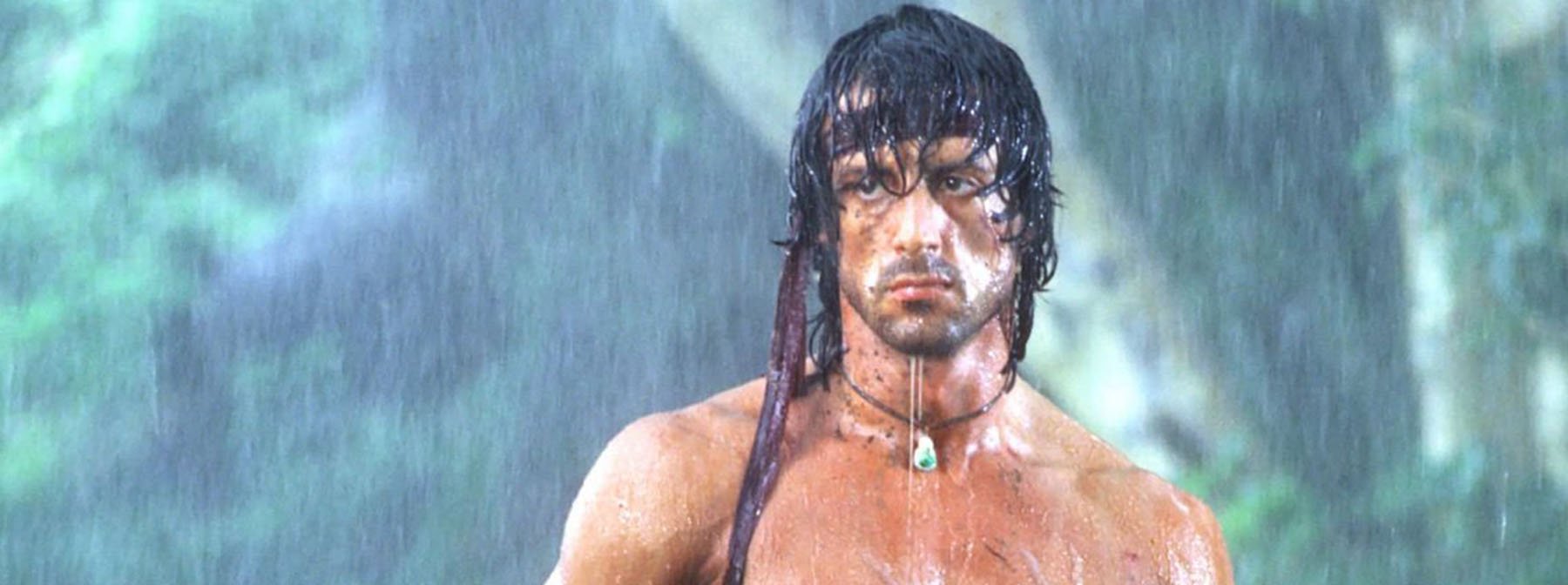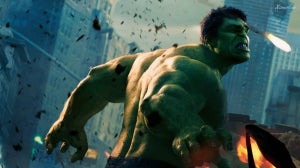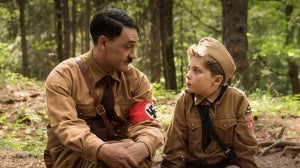
1982. With an Academy Award winning success on the books, the sky was just the start of the limit for Sylvester Stallone.
Naturally with raging success, Hollywood opened up the floodgates to enamour Stallone with a plethora of scripts to take on, in hope they just might be the next Rocky. John Rambo though is a different force of nature than the Italian Stallion.
It almost wasn't to be once picture locked on First Blood. In fact, Stallone hated the first cut of it so much he attempted to buy the film for himself, in a bid to destroy it for good. Obviously he was unsuccessful in that effort. Nonetheless, a suggestion to trim his part to allow other characters to breathe more life into the stoic nature of Rambo's psyche was taken on board.
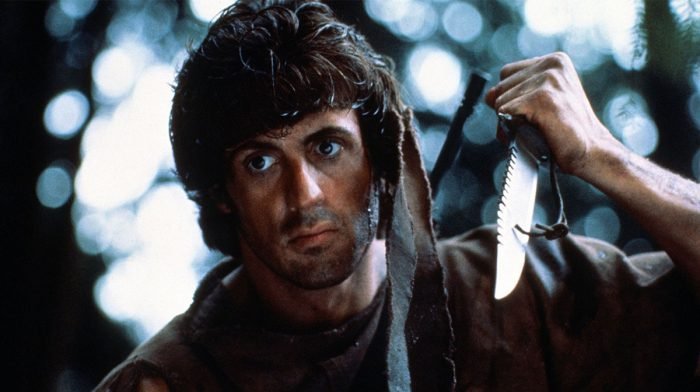
As the run-time was cut in half, First Blood unintentionally began to pave the way for a new precedent in action heroes. While it did feature scenes of unfiltered violence, it is an action movie second and a character study first.
Much before Bruce Willis would define the 'wrong place, wrong time' hero in John McClane, Stallone laid down the groundwork with a performance that bled horror in the form of PTSD stricken soul.
Before Part Two would further enlarge the all american hero aspect of the character that only existed in factoids told by Trautman (masterfully played by Richard Crenna), John was just a man looking to heal.
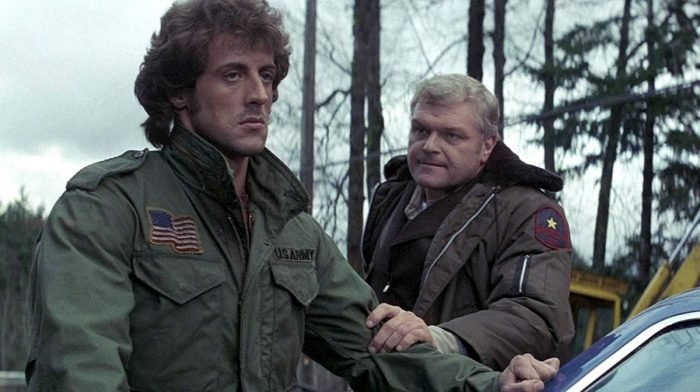
1985. Rambo: First Blood Part II releases with a tagline only the 80's could create: 'No Man, No Law, No War can stop him'. A far cry from 'This time he's fighting for his life'. Brandishing a bazooka as his oil soaked abs glistened in the fire of explosive endeavours, Italian director and further Stallone collaborator George P. Cosmatos set a new tone for the American hero. As Arnie began to blaze his own trail alongside Stallone, the new age of machismo began to appear in full force.
Stallone's got Rambo. Arnie's got Commando. Two bazooka wielding warriors looking for blood, which is part of the problem with Cosmatos' instalment. Part II (written by both Stallone and James Cameron), is intent on unleashing the exceedingly lethal side of Rambo, be it in the form of ear bursting explosions or having Rambo himself placed in increasingly unsavoury situations that push him to retaliate.
Whilst Part II can be enjoyed on pulpy level, it's a shame to see the careful direction of the character that was established prior being reduced to a bloodlust.
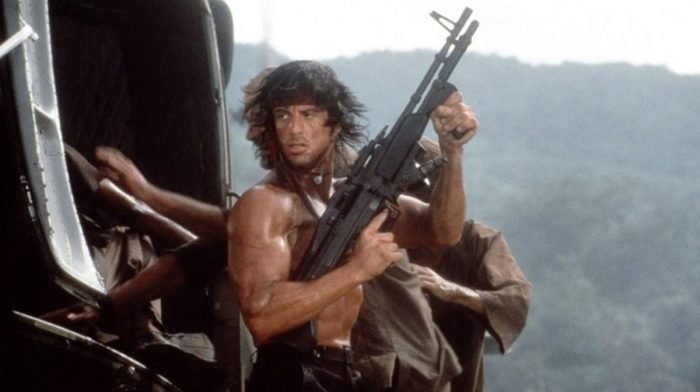
1988. No subtitles or direct sequel. Simply, Rambo III. Politically charged in the form of the Soviet-Afghan war, Rambo III is retrospectively a blueprint for its far superior sequel. Abandoning the jungle tinged frames of its predecessor in favour of desert warfare, John has evaded the world in an attempt to make peace with himself.
Retired to a commune, Rambo doesn't want to feel the pain of a firearm in his hand again. Trautman returns once more in a plea to get John's assistance in an operation which goes sour following his refusal.
Of course, John dusts off the bandana and prepares for battle once more. Perhaps the least exhilarating of the franchise, admittedly Rambo III still (mostly) manages to deliver if you're looking for a different breed of macho Stallone. This is the most full bodied attempt at making John Rambo an Arnie style hero. Not even Arnie could take on what is seemingly the entire Soviet army in the last third. All in a day's work.
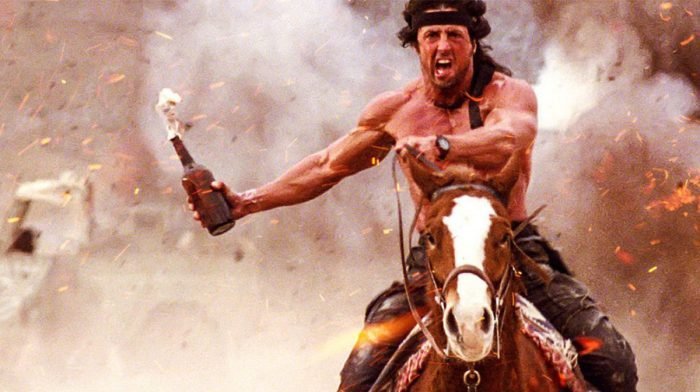
2008. Before Last Blood releases later this month, the last appearance of the character was in the simply titled Rambo. Running with the politics of its predecessor and the initial stoicism of the character, Stallone helmed this instalment himself.
For me, the fourth entry to the franchise is somewhat of a return to form, with Stallone's best performance since the character's debut. Physically and mentally scarred from his previous missions, John has given world evasion a second attempt in Burma, as an almost silent blacksmith and hunter.
A group of Christian aid workers are kidnapped amongst the unrelentingly grim Burma conflict. As a group of mercenaries begin to carry out their rescue mission, with Rambo only there as a conduit for travel, it isn't long before the Bowie knife is unholstered.
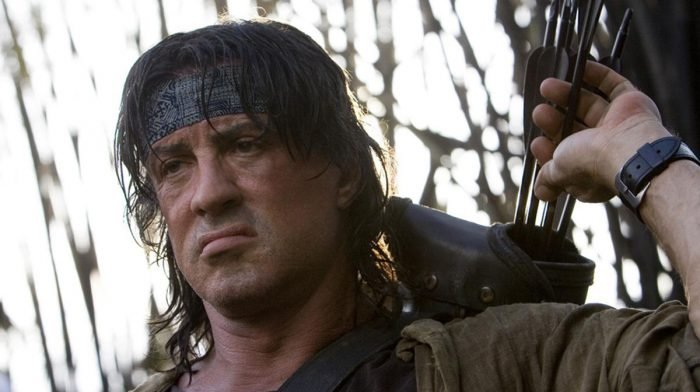
What lingers the most with Stallone's directorial entry is just how brutal it is. This is Rambo unleashed more than ever. Whereas Part II used its violence to prove the Trautman myths weren't just folklore, Rambo isn't afraid to use it as a device for consequence.
Whether John is present or not, this kind of stomach churning warfare is still happening behind the scenes. Partnered with Stallone's performance, sweating with unwillingness and true sorrow, Rambo is the closest to a spiritual sequel to the first you can get.
Panning out as almost singular adventures, the early days of this franchise are undeniably interesting as a piece of culture that was succumbing to the trends and current flavours of the Hollywood action boom.
Before juggernauts like the MCU began delivering a conveyor belt of heroic delights, Stallone and co. were working out the kinks on what a hero could or should be.
Rambo: Last Blood will be released in UK cinemas 20th September.
For all things pop culture and the latest news, follow us on Instagram, Twitter, Facebook and TikTok.

